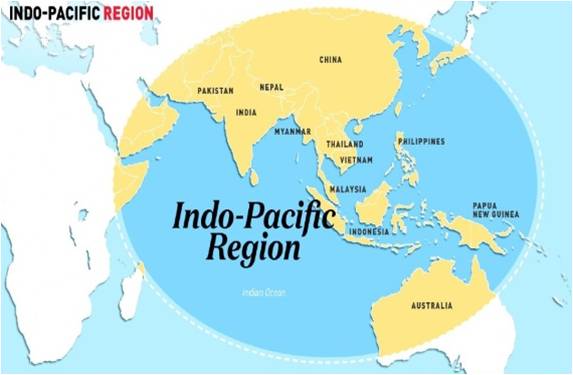- Views: 593
- Replies: 3

A burgeoning trilateral partnership between the Philippines, India, and Japan promises to reshape the security and economic landscape of the Indo-Pacific region.
Driven by shared interests and concerns, this collaboration aims to promote maritime security, economic growth, and sustainable development across the strategically vital Indo-Pacific.
The Indo-Pacific: A Contested Space
The Indo-Pacific is rapidly becoming a central arena in the global power balance. China's growing economic might and military assertiveness, particularly in the South China Sea, pose a challenge to the existing regional order.
In response, nations like India, Japan, and the Philippines are seeking collaborative solutions to protect their sovereignty and interests in this dynamic zone.
A Trilateral Response: FOIP and Beyond
The trilateral partnership aligns with Japan's vision of a Free and Open Indo-Pacific (FOIP), which emphasizes the rule of law, freedom of navigation, and peaceful resolution of disputes.Beyond security concerns, the alliance focuses on economic growth, sustainable development, and addressing shared regional challenges like climate change.
Areas of Cooperation
- Sustainable Economic Development: Countries will share expertise and technology in greening key sectors like energy and infrastructure. India, for example, can contribute its experience in solar power development, while Japan offers expertise in advanced green technologies. This fosters regional prosperity while addressing environmental concerns.
- Enhanced Connectivity: Improved infrastructure connectivity is critical for increased trade and travel. Projects like the proposed India-Myanmar-Thailand Trilateral Highway could greatly facilitate movement of goods and people.
- Maritime Security: The partnership stresses safeguarding waterways critical for global trade. India's delivery of BrahMos missiles to the Philippines bolsters its defenses, while joint coast guard exercises enhance maritime cooperation.
Implications and Outlook
This trilateral collaboration represents a strategic counterbalance to China's dominance in the Indo-Pacific. Beyond strengthening individual capabilities, it allows the three nations to pool resources, intelligence, and diplomatic leverage.While challenges of aligning diverse interests remain, the potential benefits are undeniable: a more secure, prosperous, and sustainable Indo-Pacific driven by rules-based cooperation.




